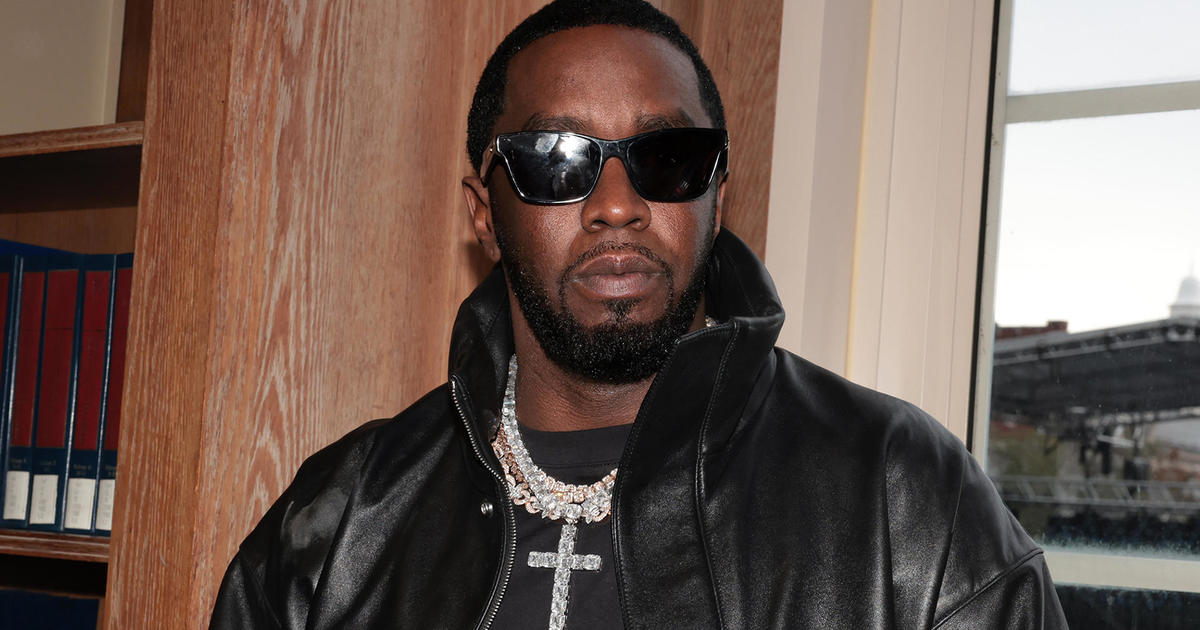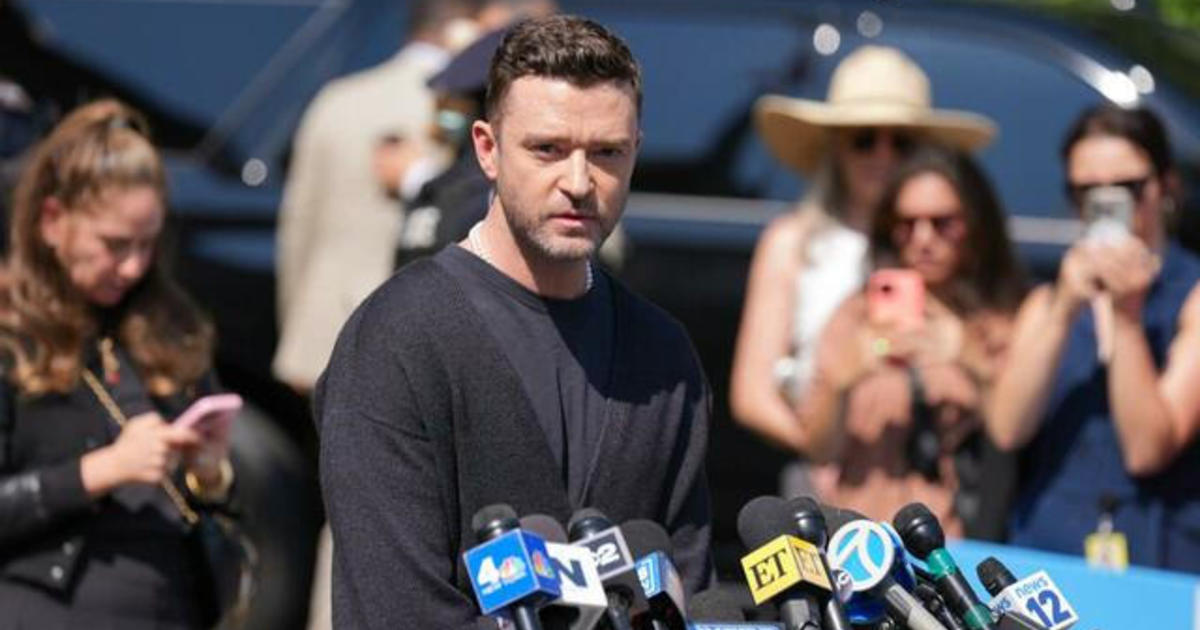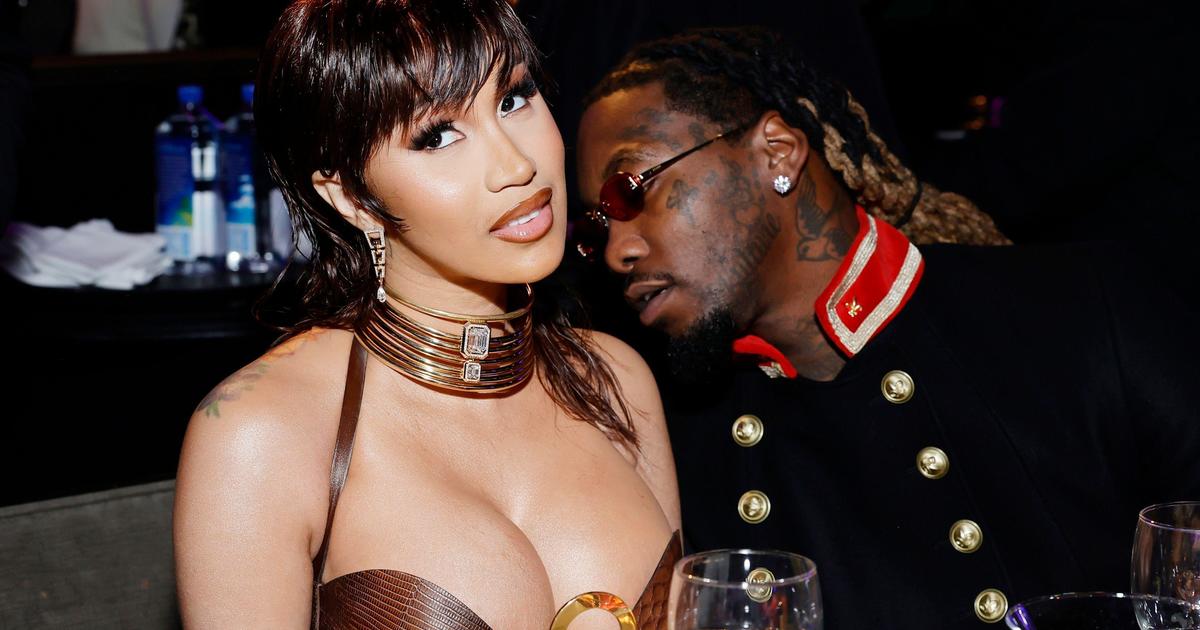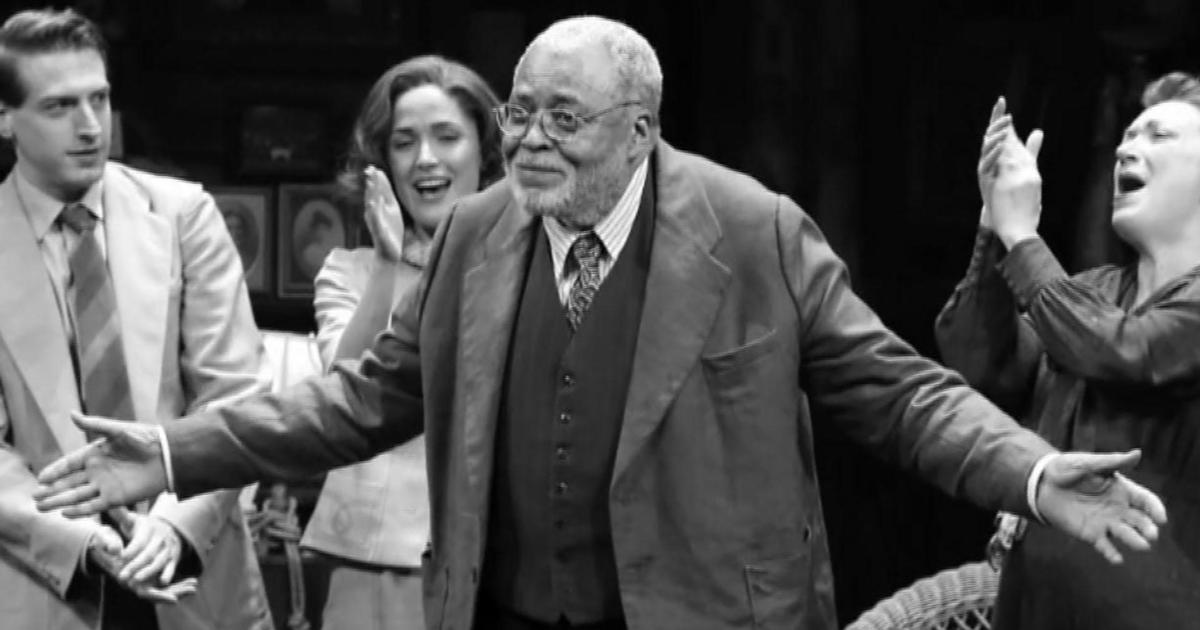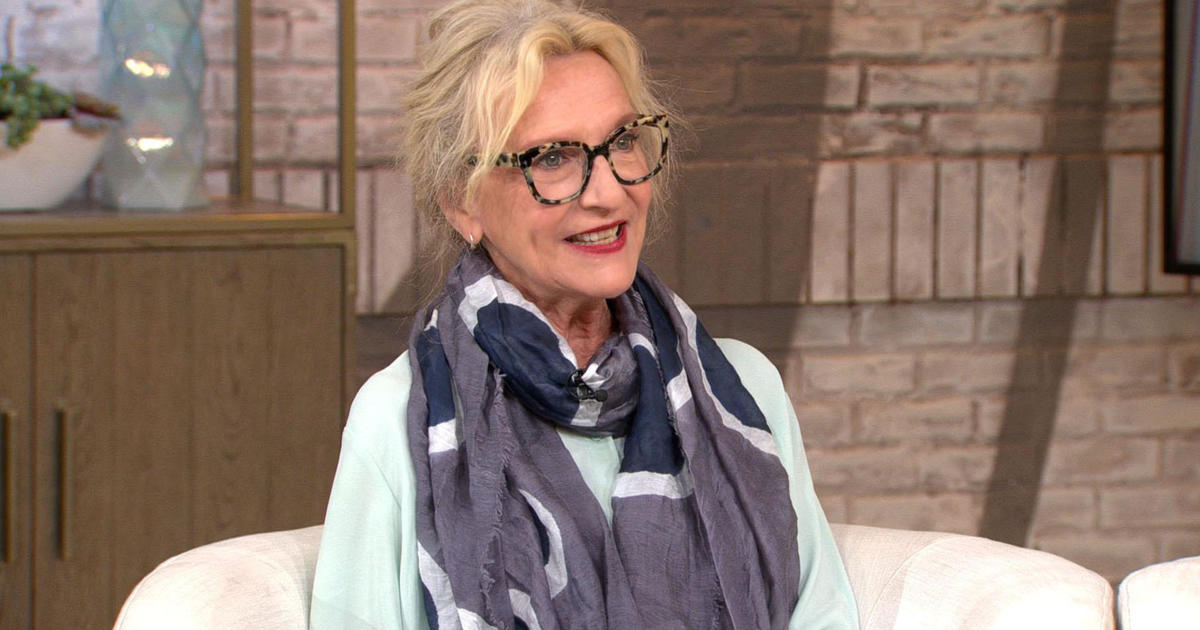
Oprah Winfrey joined “CBS Mornings” on Tuesday to exclusively reveal her latest book club selection: “Tell Me Everything” by Elizabeth Strout. The book brings together beloved characters from Strout’s previous works, including the Pulitzer Prize-winning “Olive Kitteridge” and its sequel, “Olive, Again,” which was Winfrey’s pick in 2019. “Tell Me Everything” follows the evolving friendship between 90-year-old Olive, writer Lucy Barton, and town lawyer Bob Burgess.
Read an excerpt from Chapter 1 below.
A thought had taken hold of Olive Kitteridge on one of these days in October, and she pondered it for almost a week before she called Bob Burgess. “I have a story to tell that writer Lucy Barton. I wish you would have her come visit me.”
The story was one that Olive had been reflecting on with more and more frequency, and she thought—as people often do—that if her story could be told to a writer, maybe it could be used in a book one day. Olive did not know if Lucy was a famous writer or not quite a famous writer, but she decided it did not matter. The library always had a long wait list for Lucy’s books, so Olive had ordered them from the bookstore instead, and she read through them, and something made her think that this Lucy might like—or could possibly use—the story Olive had to tell.
So on this particular autumn day, the yellow leaves of the tree seen through Olive’s large windowed back doorway were quivering to the ground as she waited for Lucy Barton to show up. Olive, sitting in her wingback chair, saw two chickadees and a titmouse at her feeder. She leaned forward and spotted a squirrel. Olive rapped her knuckles against the window, hard, and the squirrel scurried away. “Hah,” said Olive, sitting back. She hated squirrels. They ate her flowers, and they were always bothering her birds.
Olive found her glasses on the small table next to her and picked up her big cordless phone, which was also on the table, and pressed some numbers on it.
“Isabelle,” said Olive. “I can’t come visit you this morning, I’m having a visitor. I’ll tell you about it when I come see you this afternoon. Bye now.” Olive clicked the phone off and looked around her small apartment.
She tried to imagine the place through the writer’s eyes, and Olive decided it was all right. It was neat, and not cluttered with hideous knickknacks the way so many old people had in their homes, tabletops crowded with photographs of their grandchildren, such foolishness. Olive had four grandchildren, but she only had a photograph of one of them in her bedroom, a small photo of Little Henry, who was not so little anymore. And in the living room on her hutch she kept a large photograph of her first husband, Henry, and that was enough. She looked at it now and said, “Well, Henry, we’ll see if she’s responsive.”
At five minutes before ten there was a light knock on her door that faced the hallway, and Olive yelled out, “Come in!”
In stepped a small woman who looked meek and mousy. Olive could not stand meek-and-mousy-looking people. The woman said, “I’m sorry I’m early. I’m always early, I can’t seem to help it.”
“That’s fine. I hate people who are late. Sit down,” Olive said, and she nodded toward the small couch against the wall across from her. Lucy Barton came in and sat down. She was wearing a blue and black plaid coat that went to her knees and jeans that Olive thought were too tight for a woman her age; Lucy was sixty-six, Olive had looked it up.
The sofa was a stiff one, Olive knew this, but the woman somehow—the way she sat on it—made it appear even stiffer. And she had the strangest things on her feet, boots with long big silver zippers right up the front of them. Olive could see the small ankles and the tight pants that were tucked into them.
“Take your coat off,” Olive said.
“No thank you. I get cold easily.”
Olive rolled her eyes. “I would hardly say it’s cold in here.”
Olive was disappointed in this creature. A silence fell into the room and Olive let it sit there. Finally, Lucy Barton said, “Well, it’s nice to meet you.”
“Ay-yuh” was all Olive said, swinging one foot back and forth. There was something odd about this woman: She wore no glasses, and her eyes were not small, but she had a slightly stunned look on her face. “What are those things you’ve got on your feet?” Olive asked.
The woman looked down at them, sticking her toes straight up. “Oh, they’re boots. We went to Rockland last summer and I found these in a store.”
Rockland. Money. Of course, Olive thought. She said, “There’s no snow on the ground, don’t know why you need boots.”
The woman closed her eyes for a long moment, and when she opened them she did not look at Olive.
“So, I hear you’re with us in town to stay,” Olive said.
“Who told you that?” The woman asked this as though really curious to know the answer, and she continued to look slightly bewildered.
“Bob Burgess.”
And then the woman’s face changed; it became gentle, relaxed, for a moment. “Right,” she said.
Olive took a breath and said, “Well, Lucy. How are you liking our little town of Crosby?”
“It’s quite a change,” Lucy Barton said.
“Well, it’s not New York, if that’s what you mean.”
Lucy looked around the room and then said, “I guess that is what I mean.”
Olive continued to watch her. For a few moments there was only the ticking of the grandfather clock and the slight whirring sound of the refrigerator in the alcove kitchen. “You told Bob that you had a story to tell me?” Lucy asked. She slipped off her coat then, letting it stay on her back, and Olive saw a black turtleneck. Skinny. The creature was skinny. But her eyes were watching Olive now with a keenness.
Olive swung an arm lightly toward the stack of books on the bottom shelf of the small table beside her. “I’ve read all your books.”
Lucy Barton did not seem to have any response to this, though her eyes briefly dropped down to the books on the shelf.
Olive said, “I thought your memoirs were a little self-pitying, myself. You’re not the only person to come from poverty.”
Lucy Barton again seemed to have no response to this.
Olive said, “And how does your ex-husband William feel, being written about? I’m curious to know.”
Lucy gave a small shrug. “He’s okay with it. He knows I’m a writer.”
“I see. Ay-yuh.” Olive added, “And now you’re back with him. Together again. But not married.”
“That’s right.”
“In Crosby, Maine.”
“That’s right.”
Again, there was a silence. Then Olive said, “You don’t look a bit like your photograph on your books.”
“I know.” Lucy said it simply and gave a shrug.
“Why is that?” Olive said.
“Because some professional photographer took it. And also my hair isn’t really blond anymore. That photo was taken years ago.” Lucy put her hand through her hair, which was chin-length and pale brown.
“Well, it was too blond in the photo,” Olive said.
A sudden slant of sunlight came through the window and fell across the wooden floor. The grandfather clock in the corner kept on with its ticking. Lucy reached behind her and took her coat
and placed it on the couch next to her. “That’s my husband,” said Olive, pointing to the large photograph on the hutch. “My first husband, Henry. Wonderful man.”
“He looks nice,” Lucy said. “Tell me the story. Bob said you had a story you wanted me to hear.”
She said this kindly. “I’d like to hear it, I really would.”
“Bob Burgess is a good fellow. I’ve always liked him,” Olive said.
Lucy’s face got pink—this is what Olive thought she saw. “Bob is the best friend I have in this town. He’s maybe the best friend I’ve had ever.” Her eyes dropped to the floor as she said this. But then she looked up at Olive and said, “Please—tell me the story.”
Something in Olive relaxed. She said, “Okay, but now I don’t know if it’s worth telling.”
“Well, tell me anyway,” Lucy said.
Excerpted from Tell Me Everything by Elizabeth Strout. Copyright © 2024 by Elizabeth Strout. All rights reserved. No part of this excerpt may be reproduced or reprinted without permission in writing from the publisher.
